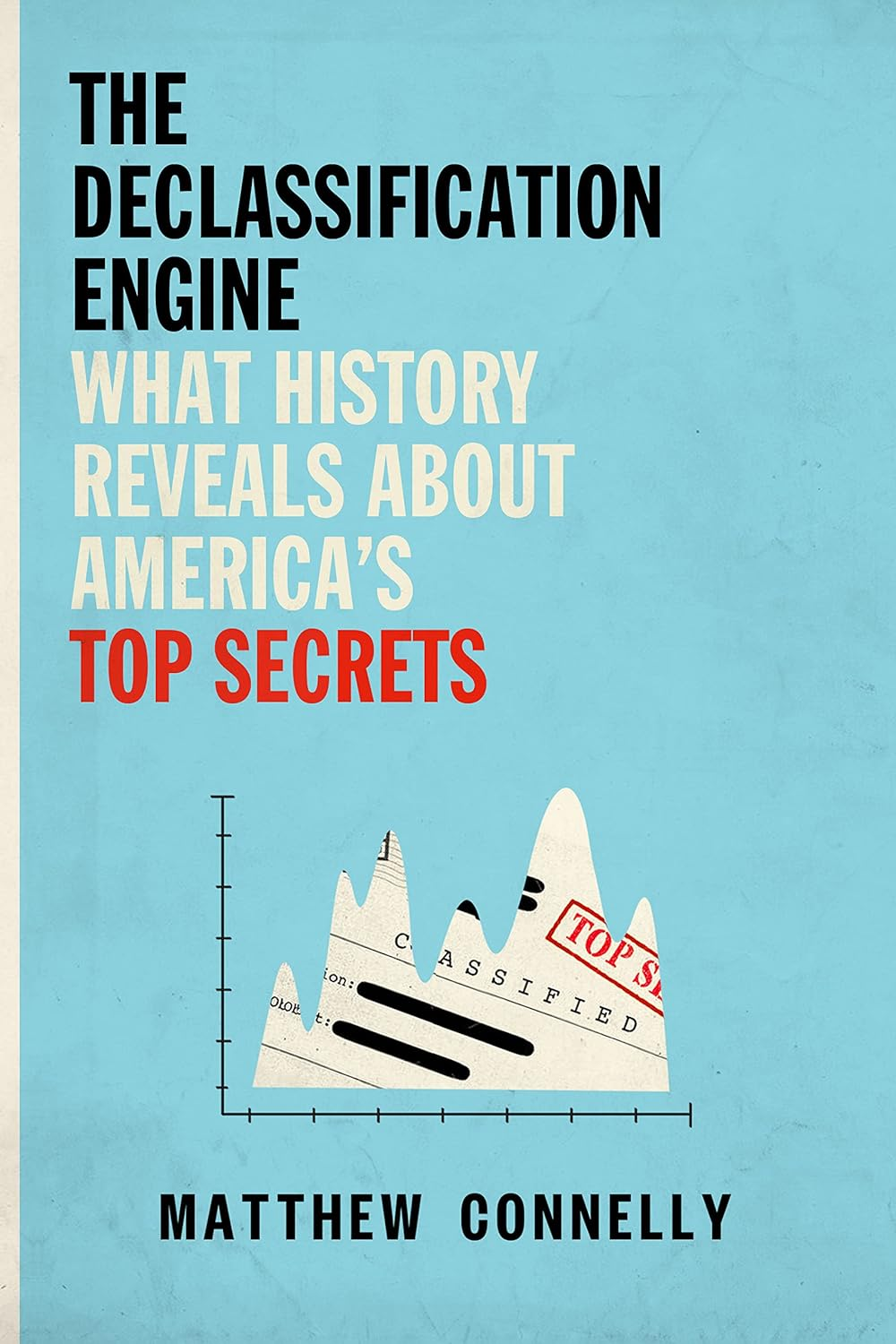OPEN AND SHUT
Connelly is a historian at Columbia University, where he runs the History Lab, a group that focuses on applying the tools of data science to the problem of overclassification. When one considers the full sweep of American history, he argues, widespread classification is not just a betrayal of the United States’ founding principles but also a relatively recent anomaly. The first century and a half of the republic was characterized by “radical transparency,” Connelly contends: when the nation was at war, it engaged in espionage and secrecy, but during peacetime, these practices receded. The United States had no permanent intelligence agency until the Office of Naval Intelligence was created, in 1882. As late as 1912, Woodrow Wilson could remark, while campaigning for president, “There ought to be no place where anything can be done that everybody does not know about.”
Connelly demonstrates the degree to which this ideal of accountability was explicitly linked to a tradition of record keeping and publicly accessible archives. In 1853, long before President Donald Trump took to flushing official papers down a White House toilet, it was declared a felony to destroy any federal records. A century and a half before WikiLeaks published purloined State Department cables, the department began publishing such records on its own, voluntarily disclosing volumes of letters that had recently been received through embassies abroad. In one poignant anecdote, Connelly recounts that when construction began on the Pentagon, in 1941, President Franklin Roosevelt anticipated that the postwar military establishment would be too small to fill it—and would vacate the building when the fighting stopped so that it could be repurposed as an annex to the National Archives.
It did not pan out that way. Indeed, it was the rise of the permanent defense bureaucracy and the military-industrial complex in the immediate aftermath of World War II that gave birth to the juggernaut of official classification. Rather than roll back the culture and institutions of secrecy that had prevailed during wartime, the Truman administration institutionalized them with the advent of the Cold War. The creation of the CIA and other intelligence agencies and the secrecy surrounding the United States’ growing nuclear arsenal accelerated the professionalization of the classified state. “Our present security system is a phenomenon of only the past decade,” Senator Hubert Humphrey remarked in 1955. “We have enacted espionage laws and tightened existing laws; we have required investigation and clearance of millions of our citizens; we have classified information and locked it in safes. . . .We have not paused in our necessary, though frantic, quest for security to ask ourselves: What are we trying to protect, and against what?”
